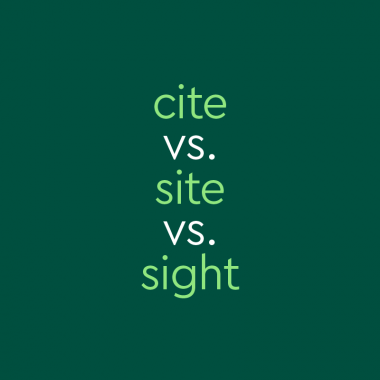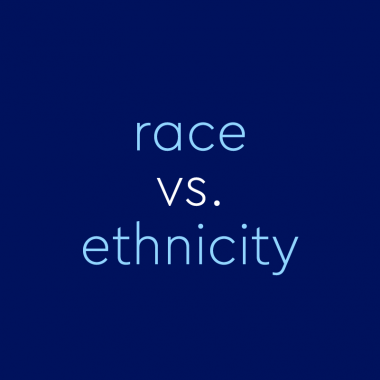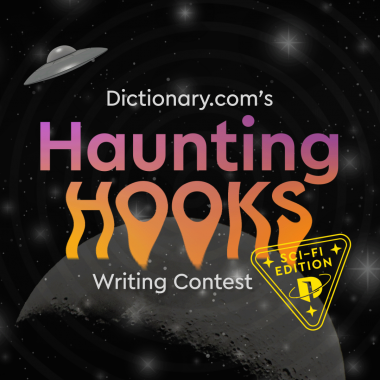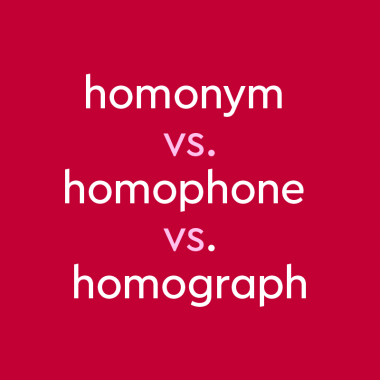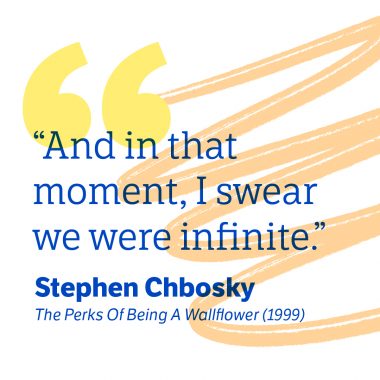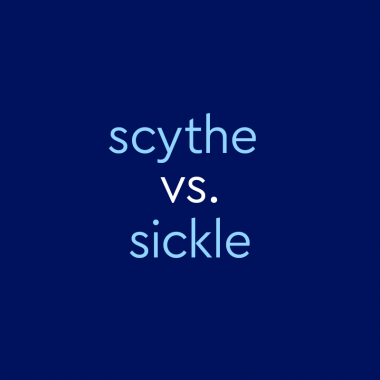“Cite” vs. “Site” vs. “Sight”: How To Spot The Difference
Cite, site, and sight are classic homophones: they sound the same, but differ in meaning (and spelling). Cite is most commonly used as a verb in the context of facts, sources, and academic papers. Site is most commonly used as a noun in the context of locations and places. And sight is used in the context of seeing and things that are seen. Sounds straightforward, …
